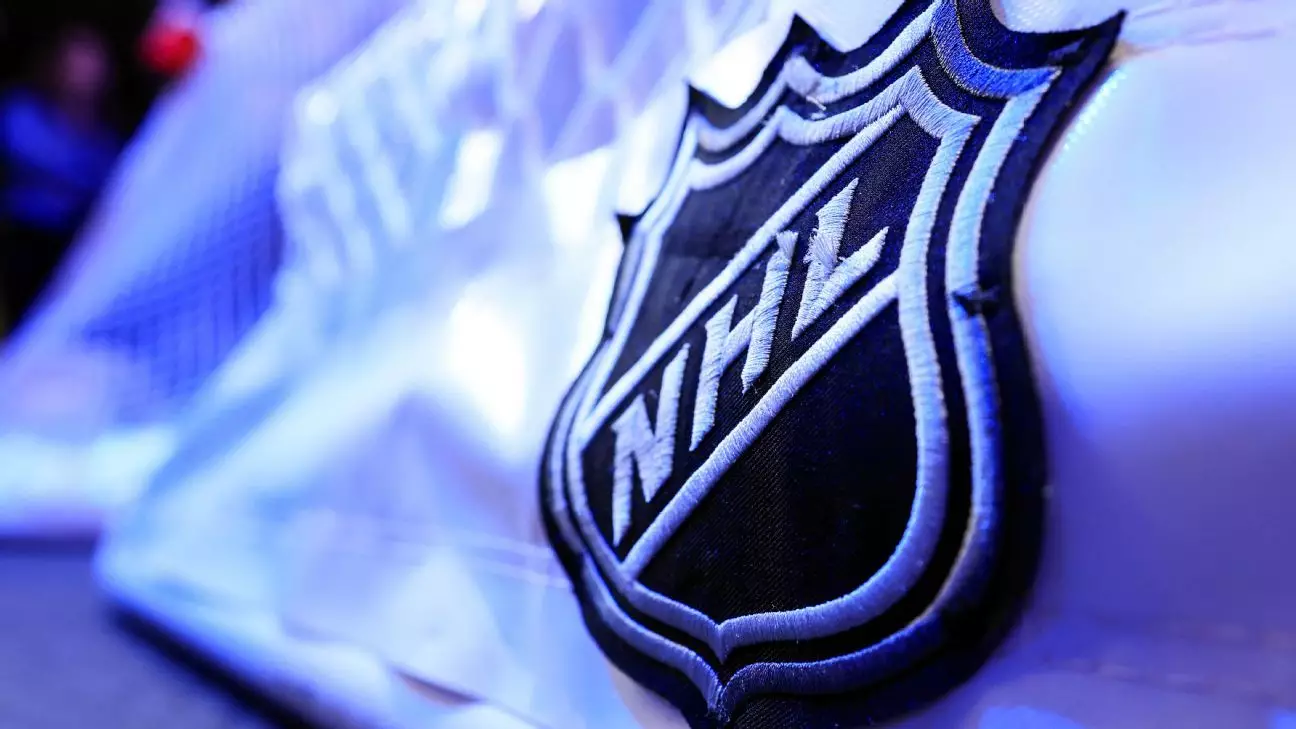In an unexpected turn of events, President Donald Trump and President Vladimir Putin found common ground in an unlikely arena: the world of hockey. During a recent phone call, it was revealed that the two leaders discussed the idea of organizing hockey games between American and Russian players. This dialogue, which has sparked intrigue, reflects more than just a casual conversation; it raises questions about the intersection of sports, diplomacy, and international relations.
The original initiative focuses on potentially rekindling ties through friendly competition, an idea reminiscent of the “ping-pong diplomacy” that softened U.S.-China relations in the 1970s. Ice hockey, a beloved sport in both nations, offers a medium through which cooperation and camaraderie might flourish, albeit in our complex geopolitical landscape. This discussion comes on the heels of a tumultuous period marked by strained relations, particularly since Russia’s aggressive stance in Ukraine.
NHL and KHL: A Glimmer of Possibility Amidst Tensions
The possibility of NHL and KHL teams facing off again is tantalizing, as past exhibitions like the Victoria Cup and the Premiere Challenge have showcased the prowess of both leagues. Piloting such games could serve as a small step towards reestablishing communication channels between the two countries. Yet, the NHL’s response to this overture was understandably cautious. By stating that they were not privy to any political discussions, the league signals a reluctance to engage in matters that intertwine sport with diplomacy.
This caution is well-founded; the NHL has historically scrutinized its relationship with Russia since the onset of the Ukraine conflict. After the incursions began, the NHL suspended its collaboration with the KHL, effectively freezing out Russian players and teams. The fallout of such decisions has been stark, with Russia facing bans from international tournaments, severely impacting its hockey reputation on the world stage.
The Diplomatic Game: Hockey and International Relations
Competing in hockey has always held symbolic significance. It’s more than just a game; it can serve as a platform for dialogue, a bridge over troubled waters. The IIHF’s ongoing sanctions against Russia and Belarus signify a drawn line in the snow that speaks volumes about current geopolitical sentiments. The latest extension of the bans through the 2025-26 season reinforces this notion, highlighting that safety and geopolitical stability take precedence over athletic competition.
But whilst one can appreciate the spirit of international sport, the realities of security and diplomatic relations often overshadow such ambitions. The upcoming Winter Olympics in Milan, where NHL players are slated to participate, could shine a spotlight on these complexities. Depending on the IOC’s decisions regarding Russian participation, the Olympics may either be a stage for sportsmanship or a platform highlighting divisions.
A Transformation of Context: Hockey as a Symbol
Interestingly, Trump’s commentary surrounding the sport hasn’t been devoid of political undercurrents. His unsolicited call to Team USA during a high-stakes championship game against Canada ignited discussions that were as much about soft diplomacy as they were about athletic performance. The loss to Canada in overtime was steeped in political implications—an emblematic narrative of sports interacting with the national psyche.
The charged political atmosphere resulted in reactions that transcended hockey, including how national anthems were received by fans. This reflects the polarized nature of current events, where victories on the ice become interwoven with broader national sentiments. Coach Jon Cooper’s remarks highlight this burden: “This is a win for 40-plus million people” emphasizes not just a triumph on the scoreboard but a symbolic victory for national unity during challenging times.
In essence, the dialogue initiated between Trump and Putin about hockey could either be seen as a flickering hope for diplomacy or a mere distraction from the underlying tensions shaping their countries. As fans, athletes, and diplomats watch closely, it begs the question: can sport truly be a unifier in a world consistently on edge?

